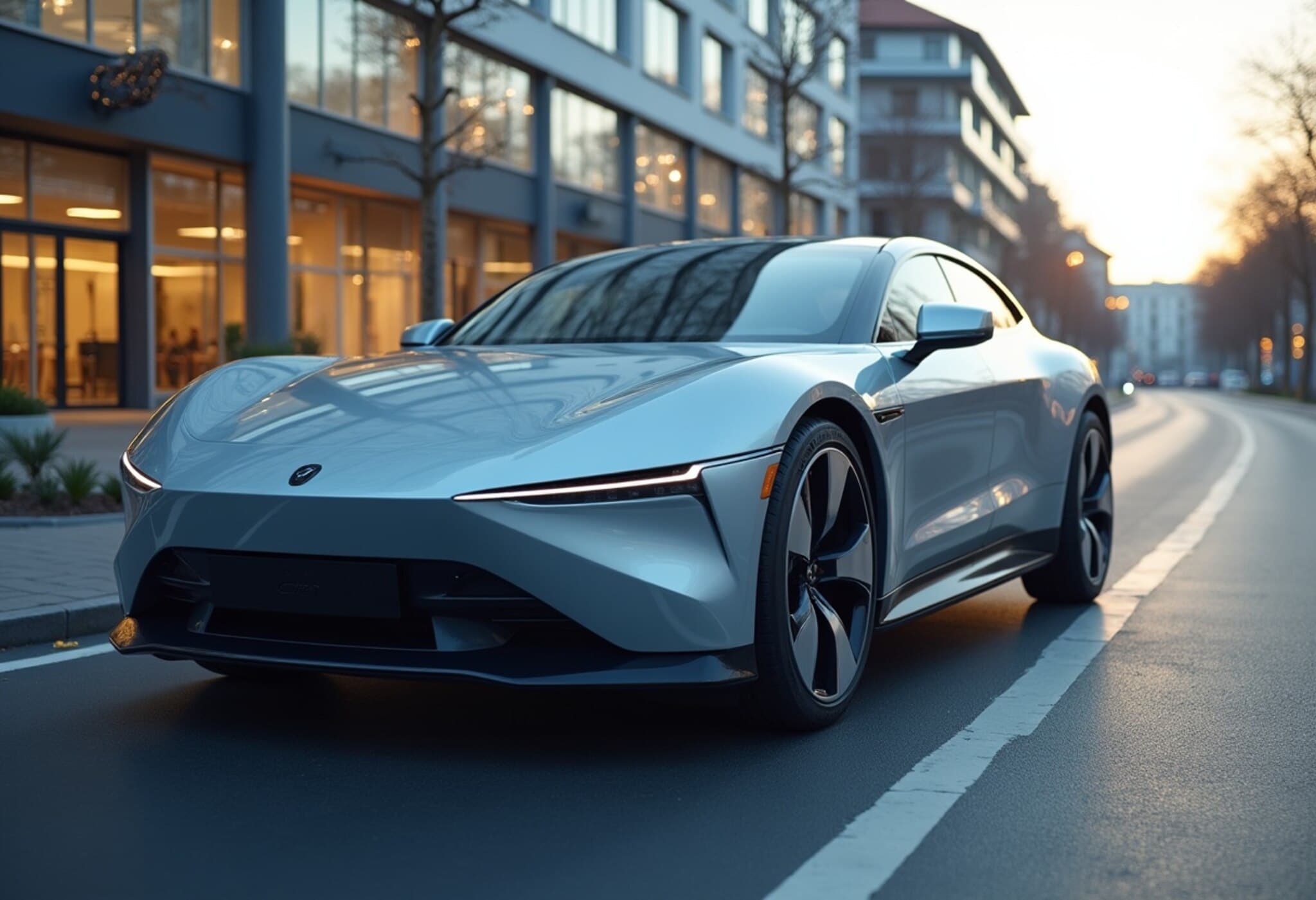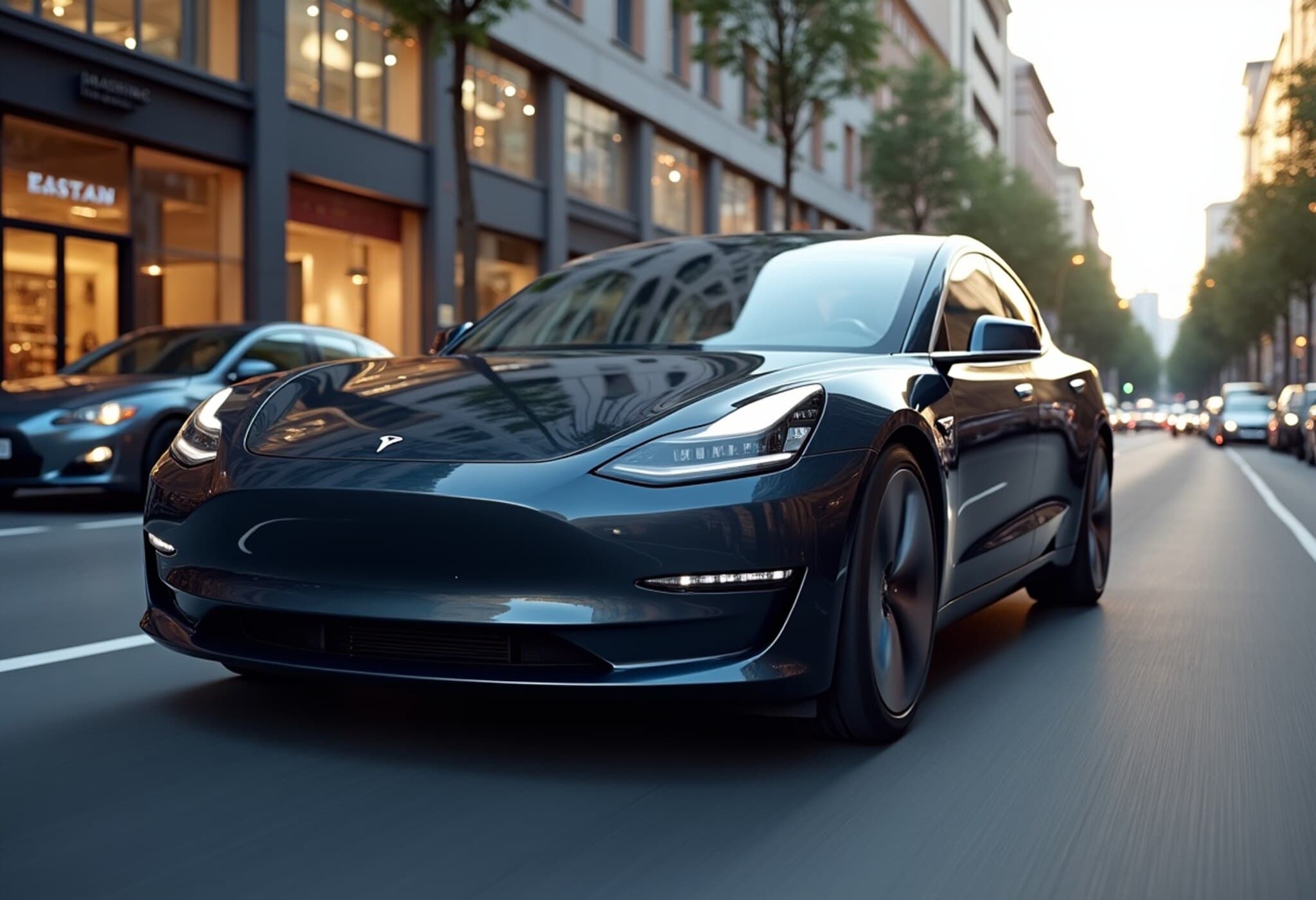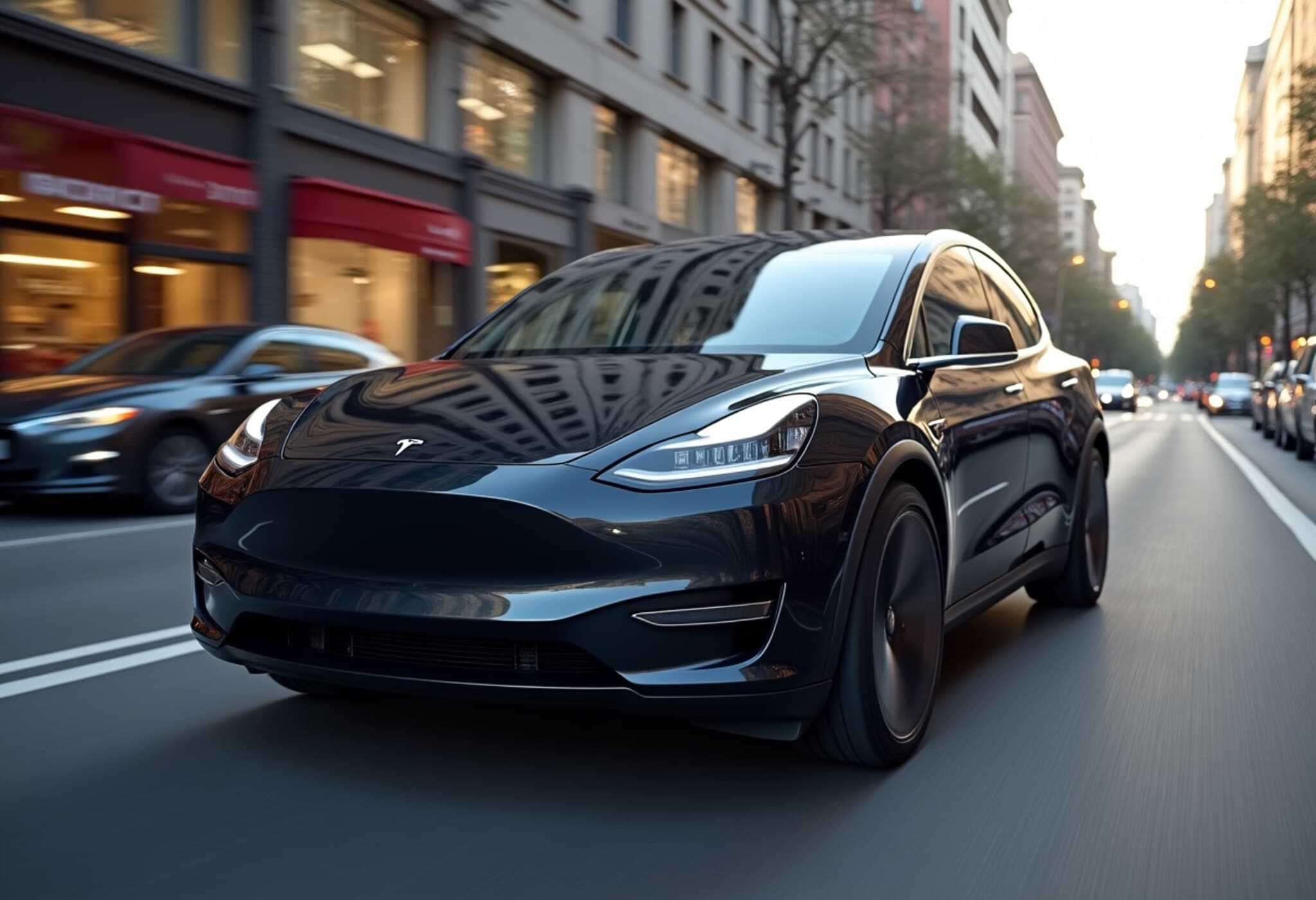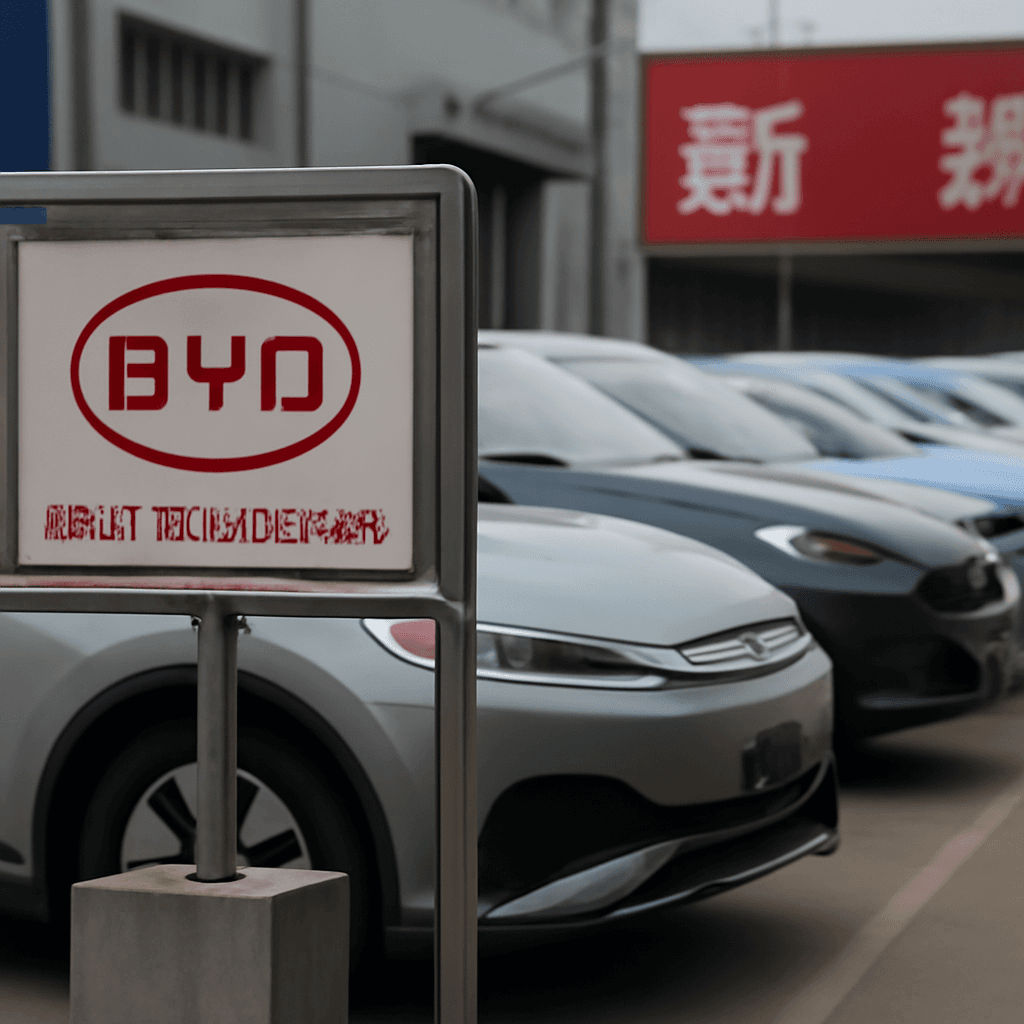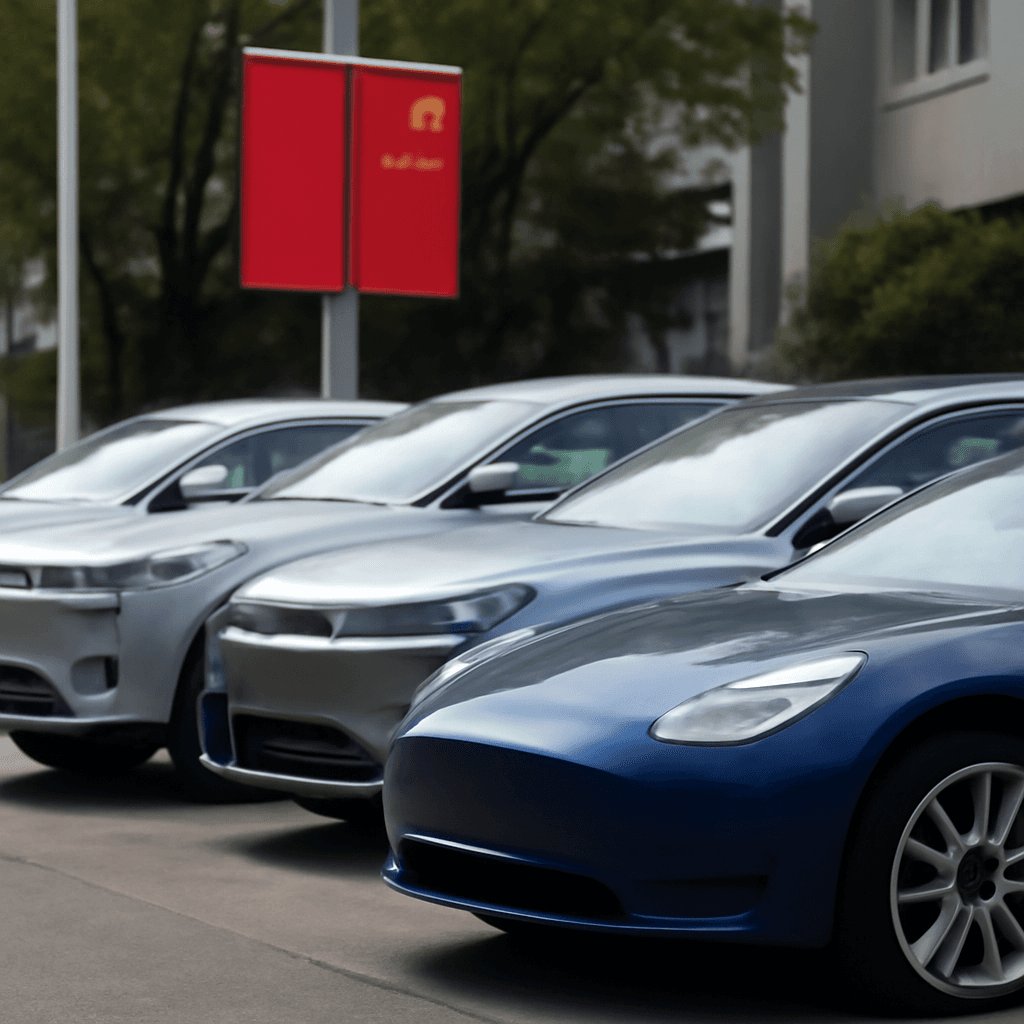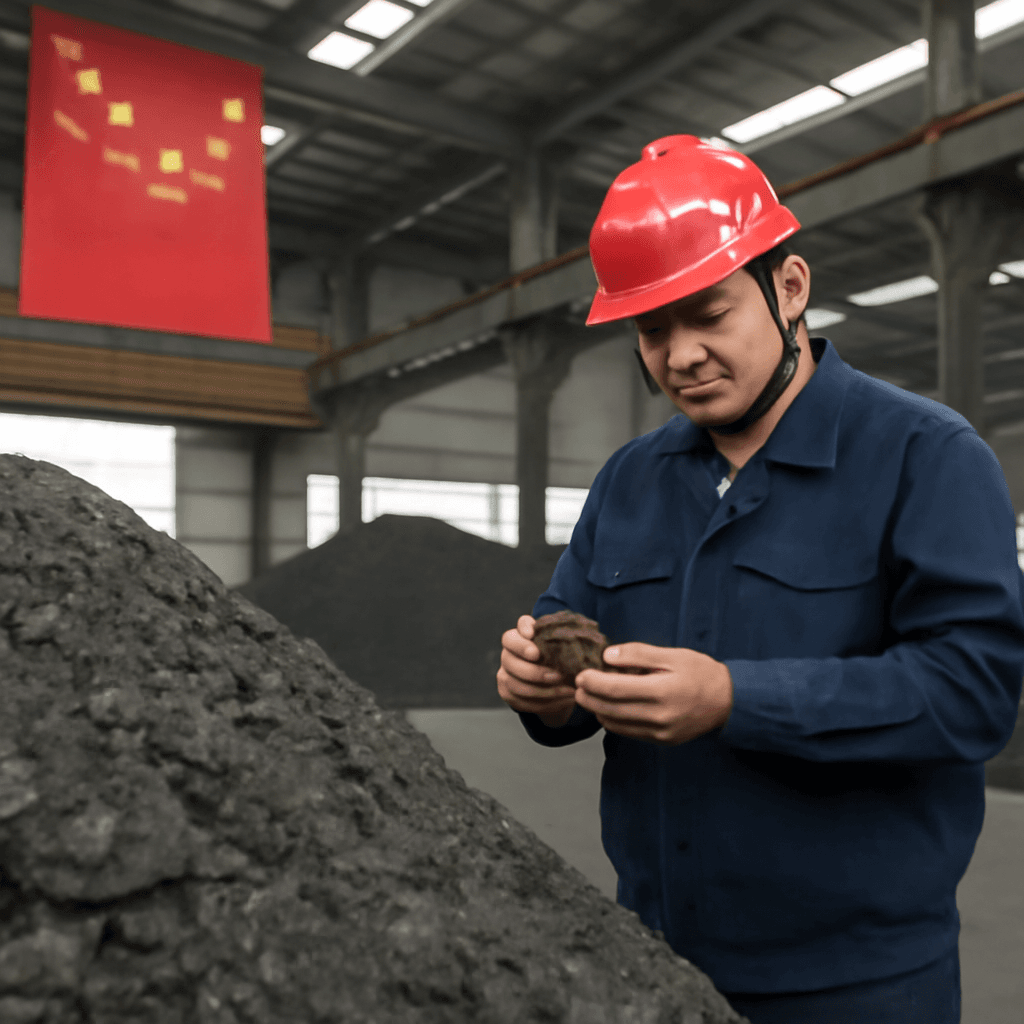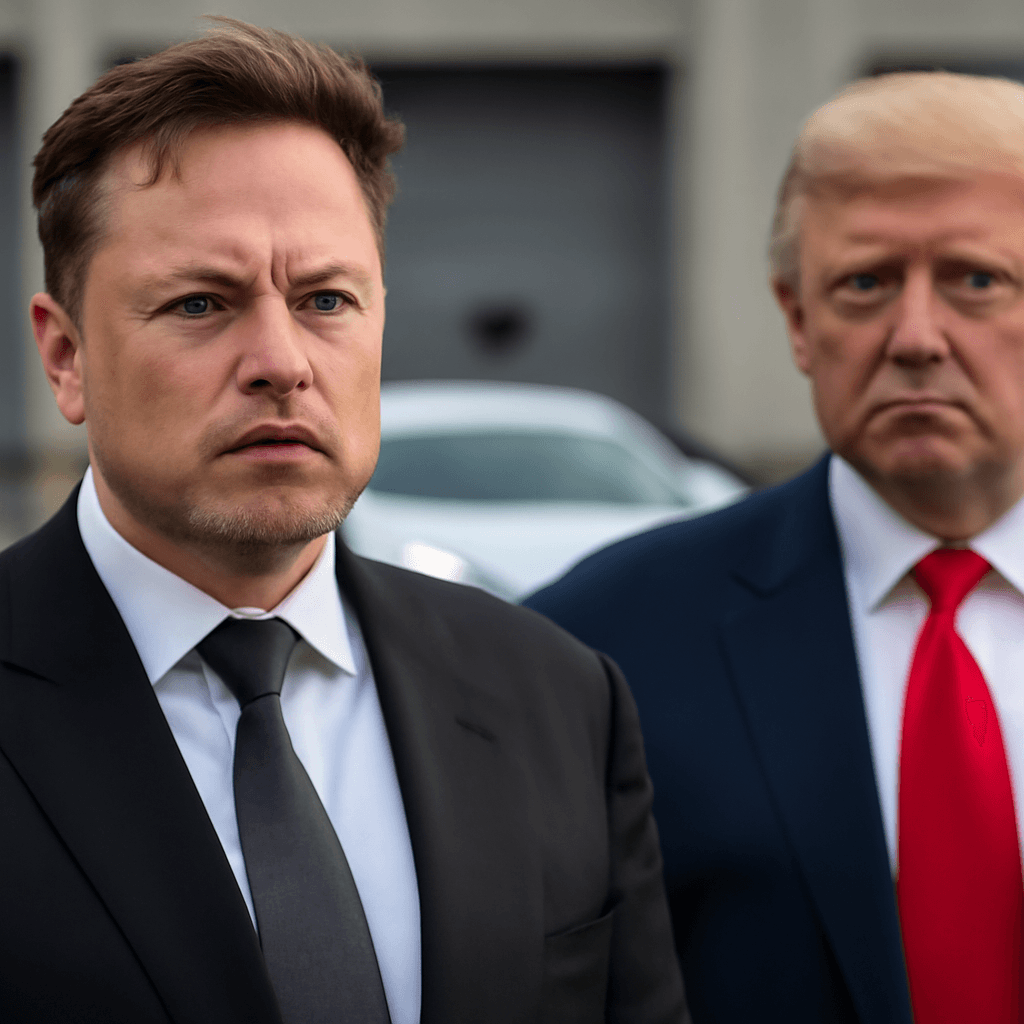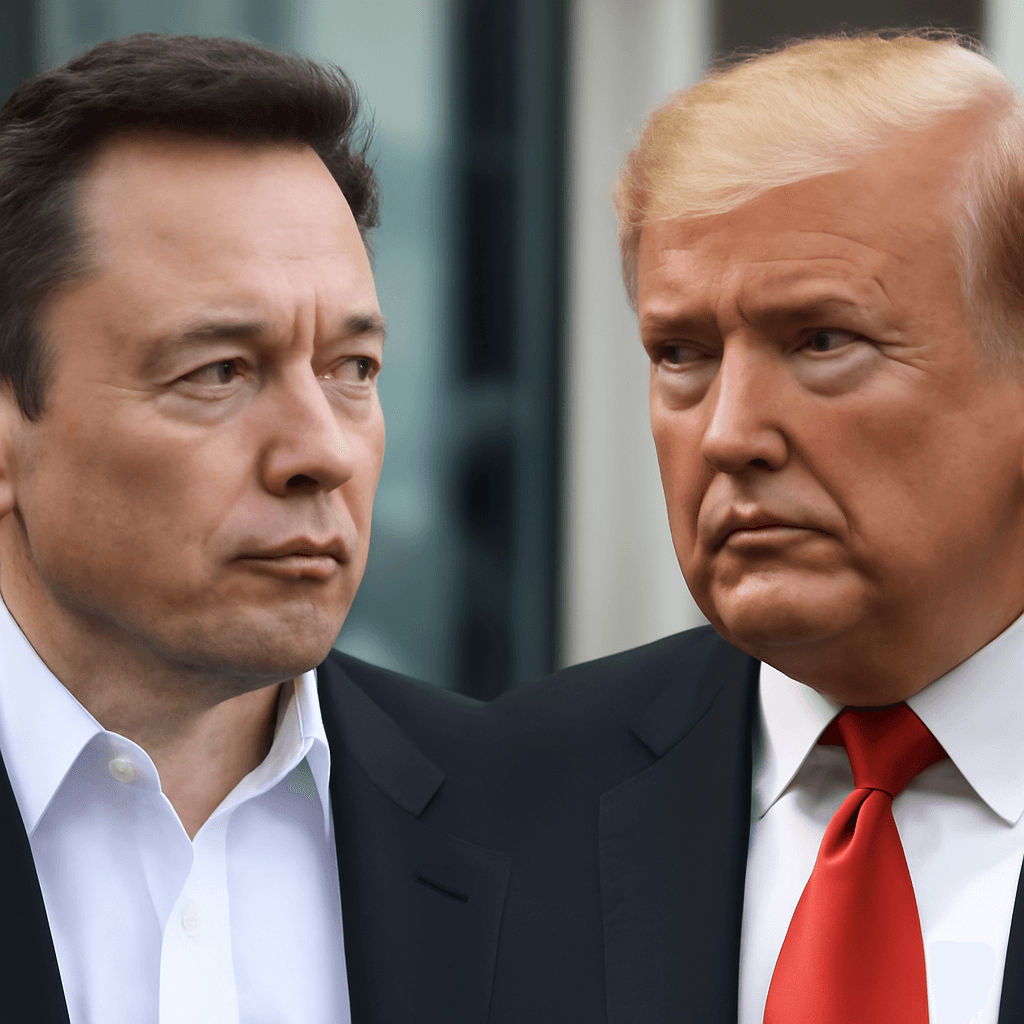Overview of China's EV Price War
China's electric vehicle (EV) market is experiencing a fierce price war, prompting government leaders and regulatory bodies to call for restraint and fair competition to prevent damages to the industry and consumer safety.
Recently, major EV manufacturer BYD initiated significant price cuts, triggering a chain reaction among competitors. This escalation has been described as "involution," a term used in China to indicate a counterproductive race to the bottom.
Government Response and Industry Concerns
Chinese Premier Li Qiang referenced the issue during his annual work report, reflecting high-level awareness of the problem. The market regulator also convened a meeting demanding self-regulation among EV makers, and senior executives from key companies were summoned to Beijing to address the situation.
The China Association of Automobile Manufacturers explicitly criticized the "disorderly price wars," warning that they could negatively affect profit margins and risk consumer safety. They urged companies to engage in fair competition and discouraged practices such as selling vehicles below production costs.
Official statements emphasized that "price wars" offer no long-term benefits and highlighted plans for enhanced regulation to curb non-productive competition.
Market Dynamics and Oversupply Signs
Despite government rhetoric, analysts predict continued intensification of competition due to market conditions.
- BYD holds nearly 30% of the market share but also faces significant pressure amid slowing sales growth.
- Recent promotional discounts by BYD reflect formalization of trade-in subsidies previously offered to boost consumption.
- Industry data points to an oversupply, demonstrated by unusual trends such as secondhand vehicles being sold with zero mileage shortly after registration.
- The average export price of Chinese cars to key markets like Germany has fallen from $30,000 in 2023 to $21,000 in 2025, indicating competitive pricing pressures internationally.
- Domestic retail prices have also declined over the past two years to around 165,000 yuan ($22,900).
Experts warn that the current oversupply is likely to fuel even fiercer competition before any industry consolidation occurs.
Future Outlook and Industry Strategies
EV startups anticipate that price competition will intensify over the coming years. For instance, Xpeng Motors’ CEO described the ongoing price cuts as "just an appetizer" for future market battles, underlining plans to differentiate through technology and global expansion rather than price alone.
Despite aggressive pricing, several EV companies continue to report losses due to the competitive environment, though some expect profitability improvements in the near future.
Chinese tech firms entering the EV market, such as smartphone manufacturer Xiaomi, are leveraging affordable pricing strategies, aiming to challenge established rivals and gain a foothold in the growing sector.
Conclusion
The Chinese EV market is undergoing a turbulent phase characterized by steep price reductions and regulatory calls for fair play. While the government seeks to moderate the "price war," market forces and oversupply conditions suggest that intense competition will persist, shaping the future trajectory of China's automotive landscape.



